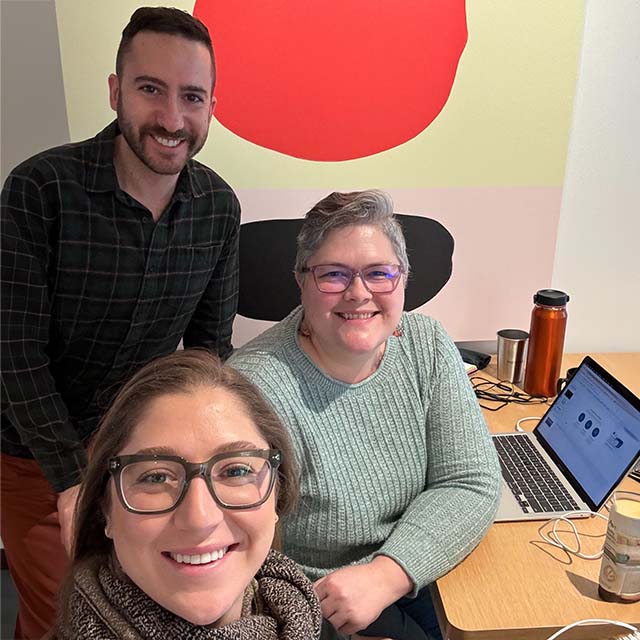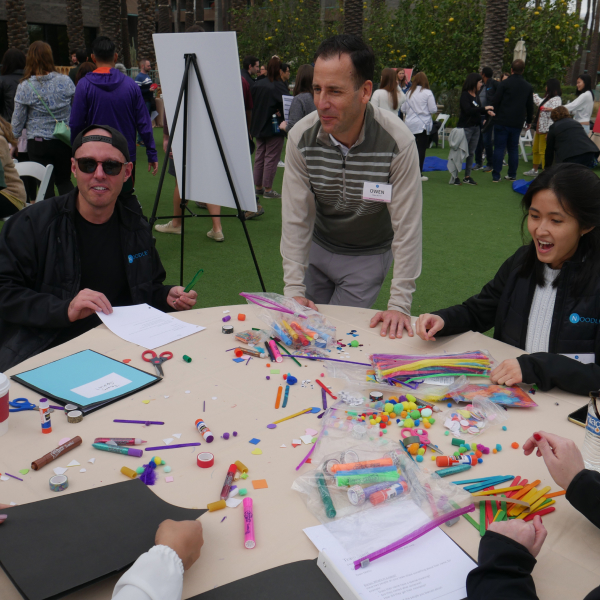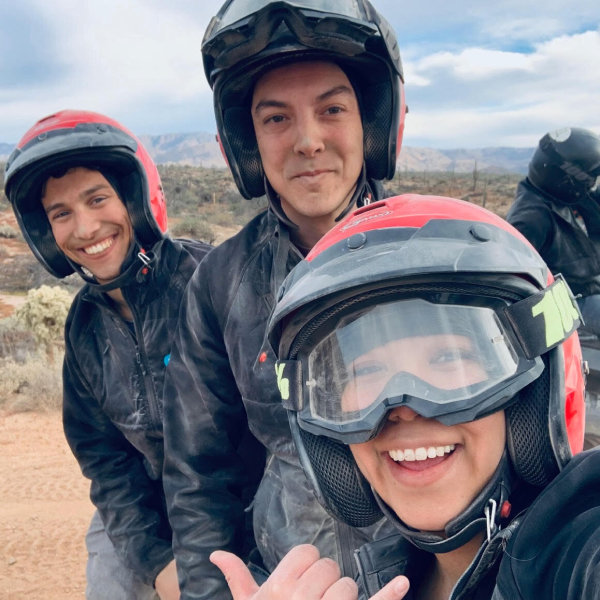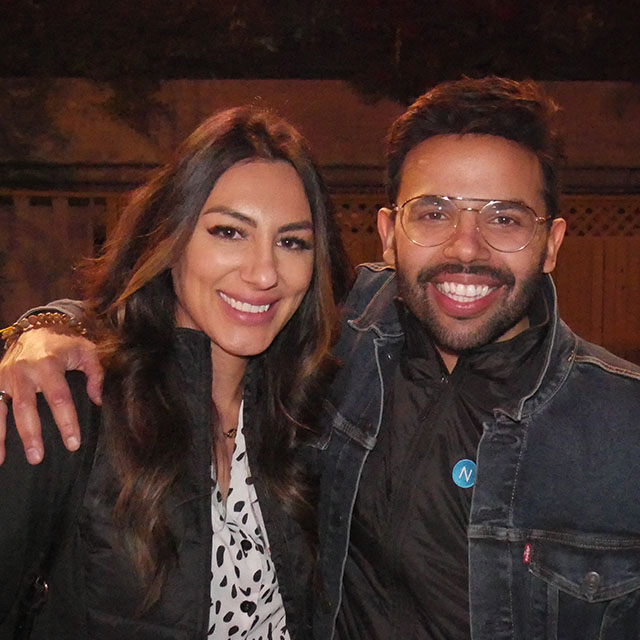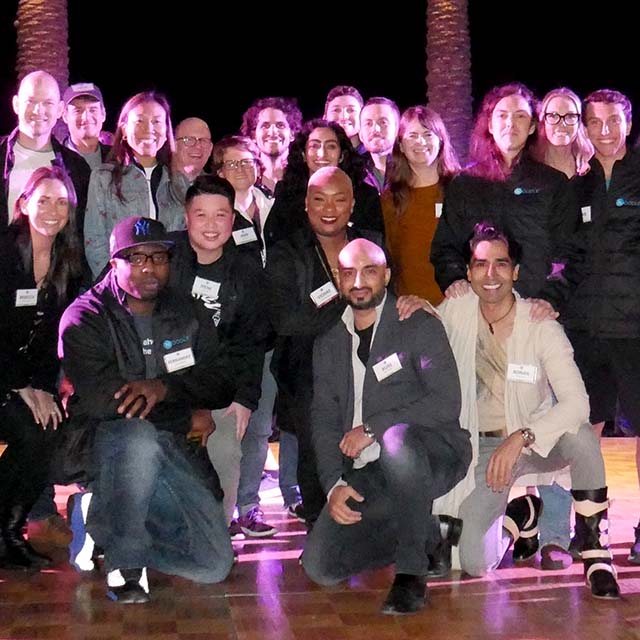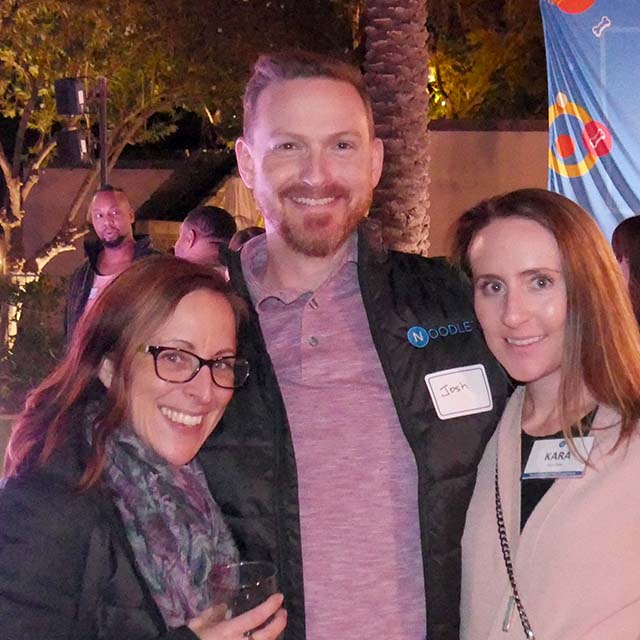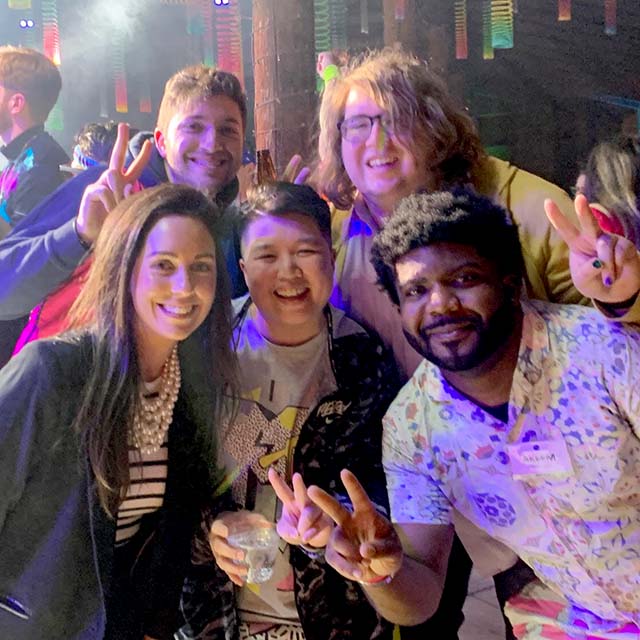Our Values
Innovate, Collaborate, and Thrive
Catalyze Change
We help universities transform themselves to better serve students. We pursue lasting impact—in learning, process, access, technology, and service.
Build Community
We work and communicate collaboratively, transparently, and directly with one another. We celebrate our diversity, modeling the experience we build for our students.
Demand Excellence
We have high standards, and we don’t compromise on them. We commit to getting the job done and done well. We challenge each other in the pursuit of our common mission.
Never Stop Learning
We find meaning in the shared desire to learn and facilitate learning. We grow—both as individuals and as a company—from our mistakes and our successes.
Embrace Joy
We seek joy every day in our respective roles and in one another. We relish the challenge of building a company that does excellent and meaningful work.

Diversity, Equity, & Inclusion
Noodle is committed to prioritizing diversity, equity, and inclusion across our organization. Creating an even more inclusive culture means we can all bring our best selves to work. We have dedicated resources and a team to support us in finding new ways to educate ourselves, celebrate the diversity of our team and utilize inclusive, equitable practices across Noodle. All these support systems make our company an amazing place to work!
Noodle Employee Resource Groups (ERGs)
It’s important to us that all Noodlers feel represented and empowered culturally, financially, and in your capacity to drive change. Employee Resource Groups (ERGs) are an internal initiative to generate access to resources and leadership opportunities as we strive together towards a culture of inclusion and equity.
Our ERGs are voluntary groups led by Noodlers, for Noodlers. These groups exist to provide a safe and inclusive space for employees with shared characteristics or experiences to come together as a community and provide support within an organization. We currently have five ERGs Noodlers can choose to participate in:
• Asian Pacific Islander (API) Noodlers
• Black Noodle Network (BNN)
• Fideos (Latinx Noodlers)
• Rainbow Noodlers
• Women’s Initiative Network (WIN)
Diversity
Diversity at Noodle
We’re always on the lookout for outstanding and innovative talent from a wide variety of backgrounds. Noodle values the range of thought, perspective, and lived experience that comes with a diverse workforce.
Hover over graphics to view real numbers.
Noodle % by Ethnicity
[wpdatachart id=2]
85 people (29%) declined to answer
Noodle % by Gender
[wpdatachart id=1]
59 people (20%) declined to answer
Our Culture
Catalysts for change, never complacent, we embrace challenges with determined curiosity, committed to a culture of open innovation.
Working at Noodle
Working at Noodle means joining a bustling network of experts at the forefront of innovation in online higher education. As a fully remote company with a spacious Chelsea Piers, New York City home office, we believe that diversity and inclusivity are essential in driving innovation and creating positive change. Unbound by geography, our remote model allows us to recruit the best mix of talents to create a dynamic environment where different perspectives and ideas are encouraged. From our hiring process to daily interactions within teams, we strive to create an inclusive and supportive environment where everyone feels heard and valued.
We are fueled by community and connection. Every Noodler is provided access, onboarding, and a warm welcome to user-friendly tools and platforms to help stay in touch, as needed, throughout the day.
Our commitment to open communication and teamwork can be seen through various initiatives such as our company-wide weekly newsletter – Orecchiette, regular team meetings, many lively Slack channels, engaged and active Employee Resource Groups (ERGs), and our accessible Noodle Support system.
And you can feel good about working here. As a Certified B Corporation™, Noodle has met the highest standards of verified social and environmental performance, transparency, and accountability, balancing profit and purpose. When we say we do good, we mean it.

Careers at Noodle
Working at Noodle means joining a bustling network of experts at the forefront of innovation in online higher education. If you’re passionate about working at the intersection of higher education and technology, join us.
